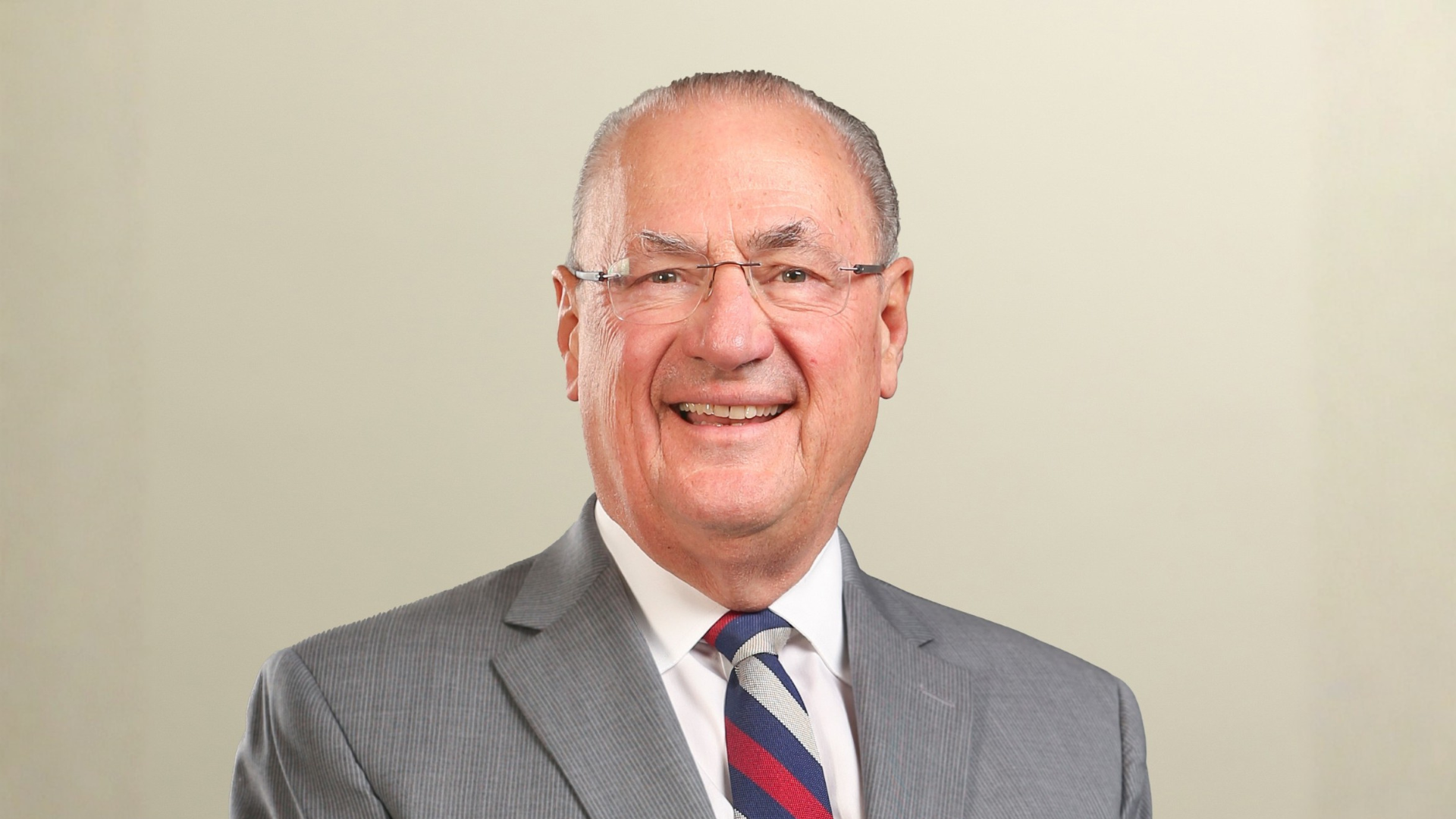Many in Washington must be experiencing déjà vu. Futurewise, an urban growth advocacy group, filed a petition on April 19th with the Growth Management Hearings Board for Eastern Washington, saying the county failed to comply with the state’s Growth Management Act (GMA) on several aspects.
Unfortunately, this petition from Futurewise has continued the Hirst saga with a similar complaint about development. The previous case, involving Eric Hirst and Whatcom county, was also backed by Futurewise. The Hirst ruling came in October 2016 from the Washington State Supreme Court, creating an obstructive and costly policy that worked to prohibit permit-exempt wells in parts of rural Washington.
The ruling in Hirst was as Futurewise desired. The Washington State Supreme Court restricted water access and essentially halted rural development throughout the state. However, the legislature’s solution in January 2018 allowed counties to permit rural development, thwarting Futurewise’s objective of “directing most growth into our urbanized areas.”
But a lesson was learned from the Hirst experience – water controls development. If a group can limit water access they can unfairly limit growth.
Now, Futurewise claims that Benton county failed to closely examine the impact of growth outside of city limits on the county’s water resources and roadways.
According to Futurewise’s Facebook page, “This appeal [in Benton County] will be the first to address the applicability of the State Legislature’s so-called Hirst fix bill (SB 6091) to planning for growth in the Yakima River basin. According to the bill, counties in the Yakima basin are mandated to plan for the use of land consistent with available water resources under the Growth Management Act (GMA).”
The effort to prevent “the conversion of wildlife habitat, open space, farmland, and working forests to subdivisions and development” would be admirable except for the unfair costs of the GMA. GMA restrictions contribute to rising home costs, rural unemployment, aggravated racial housing segregation by driving mortgages up and minority households are less likely to qualify for higher loans, and increased commute times as workers are forced to drive farther for jobs in other counties.
If rural development is further restricted, the cost to rural communities would be property tax shifts, increased home costs, and difficulty funding essential services including schools, parks, and emergency branches.
The justification for such costs are identified as “improved quality of life” because of increased access to open space and farmland. However, “quality of life” as defined by Futurewise is very different than those who live in these areas. The goal of this petition is to impose Futurewise’s definition on others.
All in all, this is a ridiculous attempt by an urban advocacy group to control rural Washington on both sides of the Cascades.
The next step to this renewed effort to prohibit growth will be a hearing in the fall. The board has 180 days from the filing on April 19th to issue a decision. Hopefully, the board will recognize the value rural development has for counties in Washington and that local planners should be given seniority over special interest groups.





